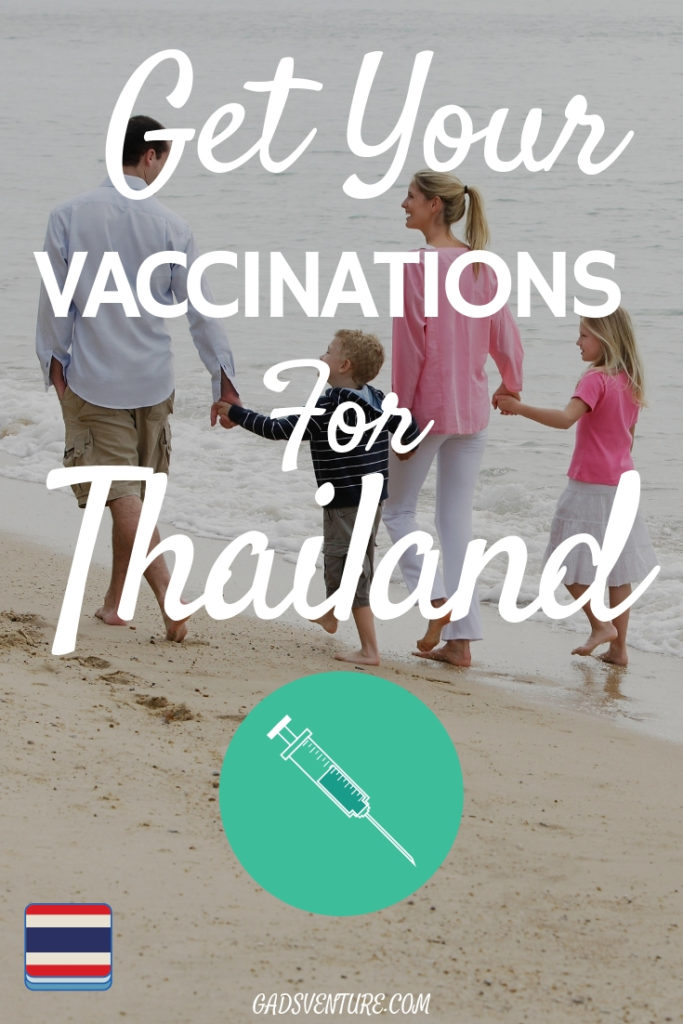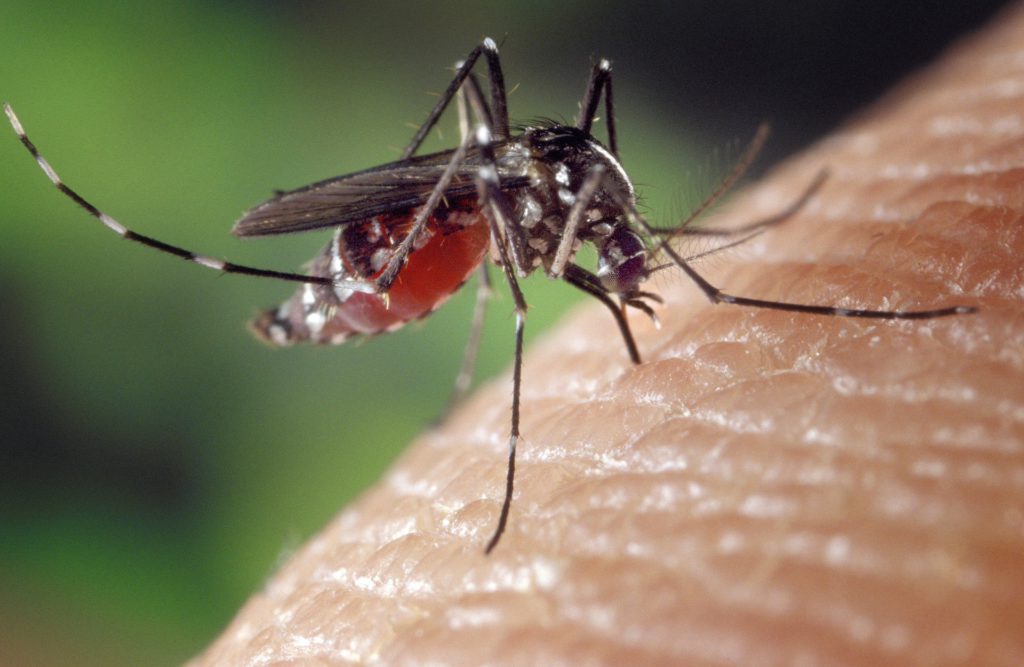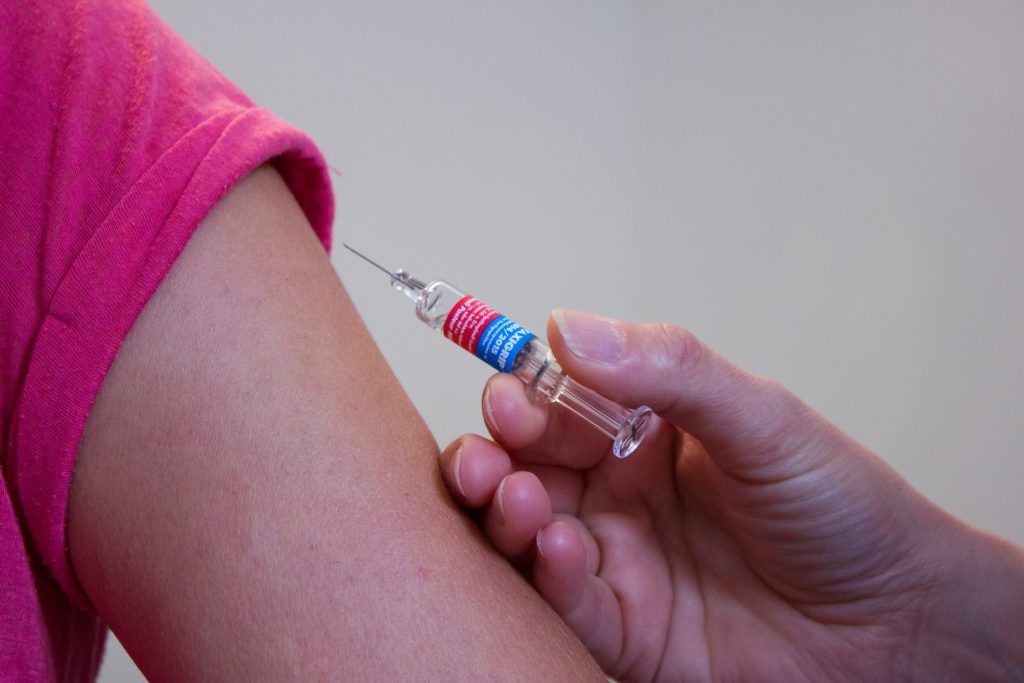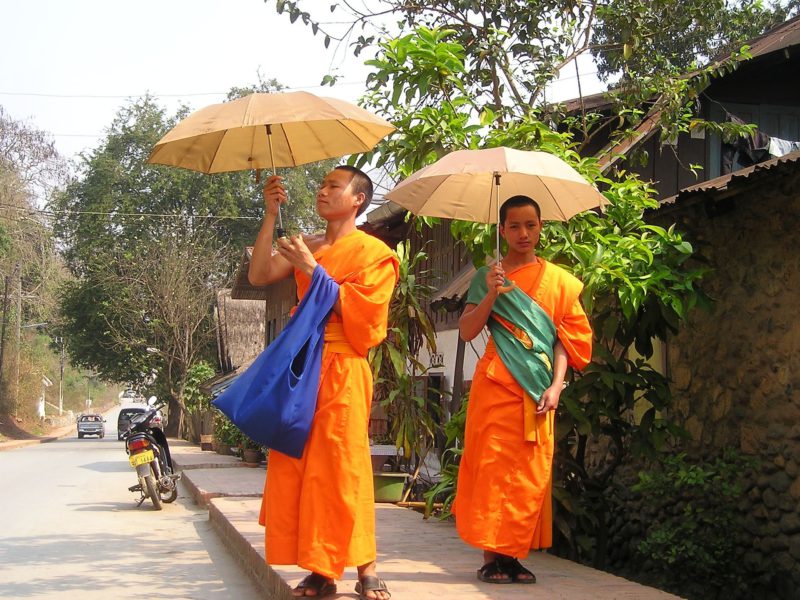So you are here because you are going to Thailand! Congratulations! That is so exciting! You know you need a few vaccinations for Thailand right? Just a couple of shots will get you on your way. Please see a travel health professional around 3 months prior to your trip so you can get the protection you need for a safe and healthy trip.

Read this now: International Driver’s Permit for Thailand
Water
Please remember that you DON’T DRINK THE WATER OUT OF THE TAP in Thailand. Many diseases and bacteria are waterborne so avoid this at all costs. Drink only bottled water.

Hepatitis A
I don’t travel anywhere in Southeast Asia without these vaccinations. Hepatitis A is a highly contagious disease of the liver and it is so easy to catch! It can even live for a few hours on a surface such as a doorknob.
Hep A is usually transmitted via the consumption of faecal contaminated food and water. But it is also really easily immunised against, so it is a no brainer to get this one. Getting one needle, and another booster within 6 months will give you 20 years immunity.

Typhoid
Typhoid is transmittable through contaminated food and water and is prevalent throughout Southeast Asia. The vaccination gives you 3 years of protection against Typhoid fever.
It is possible to get a combination Hepatitis A and Typhoid vaccine. Please ask your doctor for details.
Malaria
The CDC advises there is NO RISK for Malaria if you are staying in the main tourist and city areas in Thailand. However, chemical prophylaxis is recommended if you are visiting the border areas with Myanmar, Cambodia and Laos, or any forested areas. Please check with your travel health professional for the latest up to date information. There are options available for different preventative medications depending on the areas visited.

The Malaria mosquito is known to be active during dusk and dawn so your best protection is to avoid mosquitoes during these times. Cover up with loose long-sleeved clothing, use repellant containing DEET, spray your room with bug spray before bed, and sleep under mosquito netting.
Read this now:
Things to do in Ao Nang, Thailand
Booking.comDengue Fever
Dengue is present in most tropical and sub-tropical climates. And it is found all over Thailand. Outbreaks can be seasonal and are mainly contained to Thailand’s rainy season between April to November.
Dengue Fever is a virus which is defined by nausea, rash, fevers, muscle aches, pain behind the eyes, loss of appetite, and fatigue. Symptoms generally last a week to 10 days, but can leave you feeling tired and unwell for a couple of weeks afterwards.
There is not yet an effective vaccination against Dengue, though scientists are working on it as each season, the number of cases increases in Thailand.
The best way to prevent Dengue transmission is to avoid being bitten by mosquitoes, especially at dawn and dusk.
Read This Now: Best Beaches in Khao Lak
Hepatitis B
If you are undertaking any ‘at risk’ activities such as tattoos, drug use or unprotected sex, a Hepatitis B vaccination may be recommended but it is not usually regarded as a must.
Health care workers are advised to get the vaccination.
Influenza
International travel on aeroplanes gives an increased risk of Flu transmission. For this reason, it is recommended to get a Flu shot prior to travel. This is an annual shot which changes every year depending on the new strains of the Flu.

Japanese Encephalitis
Another mosquito-borne disease, Japanese Encephalitis can be very serious. The vaccine is highly recommended among those visiting rural areas, farms, rice fields and irrigation areas especially.
Rabies
Rabies is found in the saliva of dogs, bats and mammals throughout Thailand. Get the rabies vaccine if you are spending time in a rural area, or going caving. This is a series of 3 shots over a month and gives you a bit more of a window in which to seek treatment if you do get bitten.

Traveller’s Diarrhoea
There is no vaccination for this, however, it is a very common complaint in Thailand. The best cure is the carry an antibiotic such as Norfloxacin, and a Gastro-stop such as immodium. The diarrhoea ‘bomb’ is one immodium and 2 norfloxacin which stops your diarrhoea in its tracks. Literally. No need to take a full course of the antibiotic. You are back to normal poos in a couple of days. Take electrolytes to avoid dehydration.
Vaccinations for Thailand Conclusion
If you get the recommended vaccinations for Thailand, this will ensure you have a happy and healthy trip to this beautiful country. There is nothing worse than wasting precious days sick when you only have a short holiday.
Seeing your travel health professional at least 3 months prior to your trip will ensure you have enough time to get coverage for the most common ailments as above. There are tourist doctors and pharmacies everywhere around Thailand, and doctors even make house calls. So please see a doctor if you get sick.
Booking.comAlong with your vaccinations for Thailand, packing a simple medical bag from home with the following over the counter medications will also come in handy:
- paracetamol
- ibuprofen
- anti-nausea
- anti-histamine
- gastrolyte sachets (or iceblocks for kids)
- pro-biotics
- immodium
- decongestant
- antacid
And don’t forget a First Aid Kid:
- bandaids
- crepe bandages
- micropore tape
- betadine
- zinc
- gauze
- non-stick pads
- normal saline
- silicon gloves
- splinter remover
Going to Bali next? Check out our full Bali Travel Guide!


 Best Beaches in Khao Lak
Best Beaches in Khao Lak
